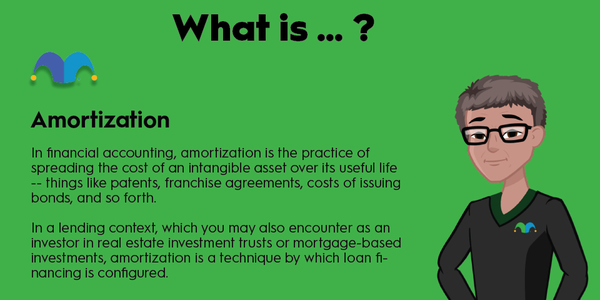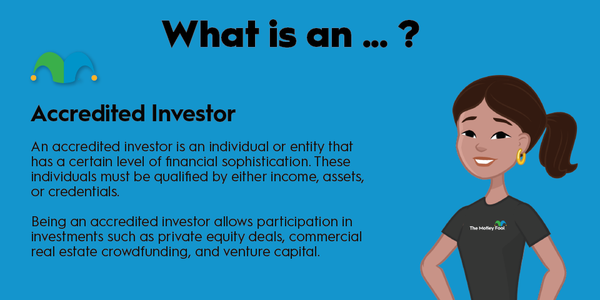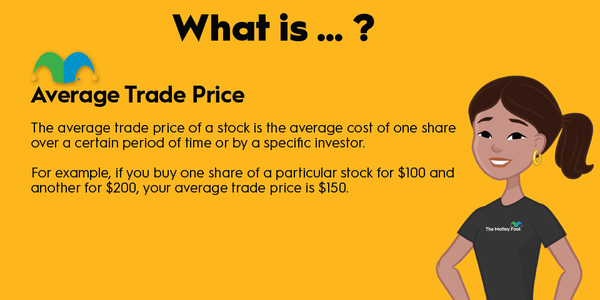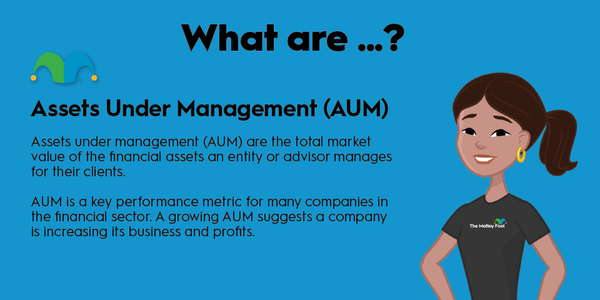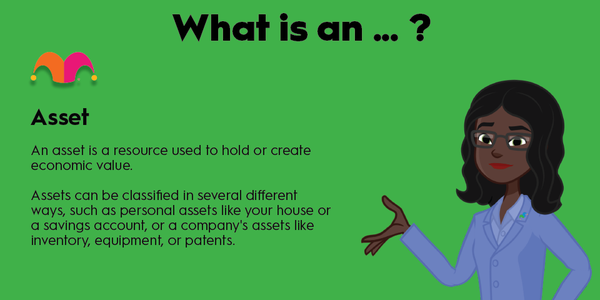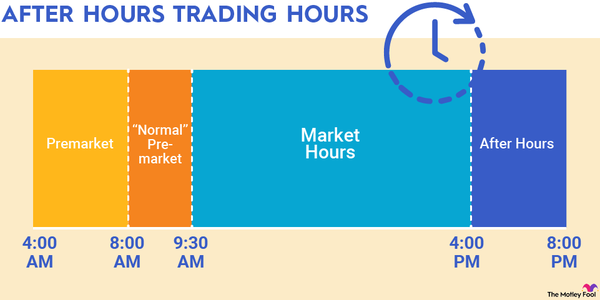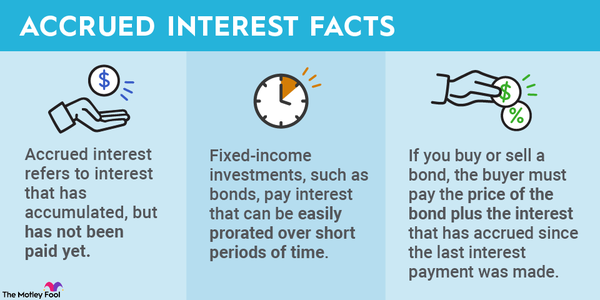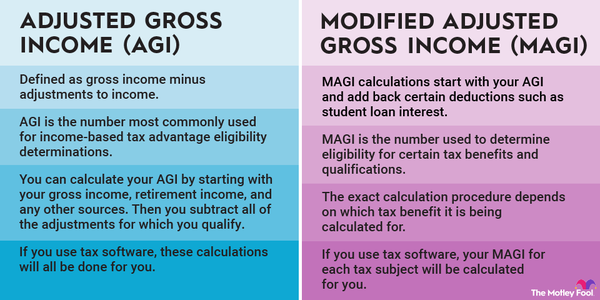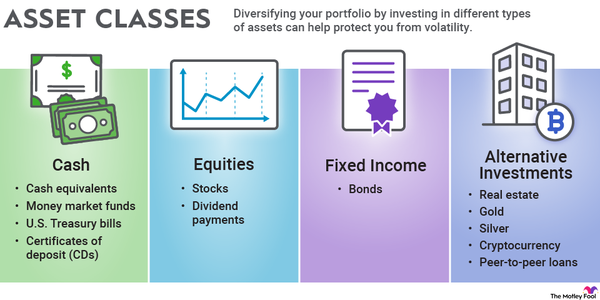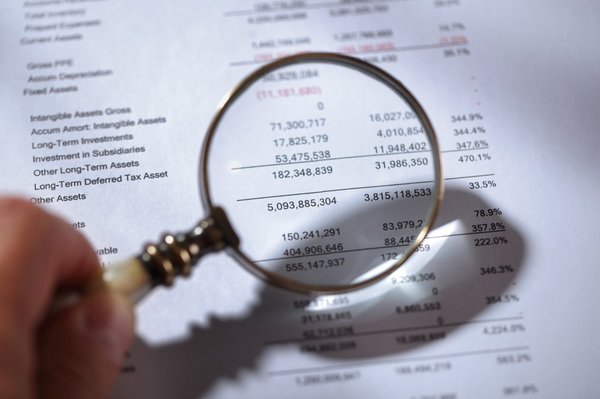ESG is shorthand for environmental, social, and governance factors. ESG investors often consider things like how a company is working to reduce its carbon footprint, whether it offers a safe workplace and promotes diversity, or whether its presence has a positive impact on the surrounding community.
But in recent years, anti-ESG investing has gained traction. We'll dive into how anti-ESG investing works and explain the arguments for and against ESG.

What is it?
What is anti-ESG investing?
The term anti-ESG investing is somewhat subjective. For some proponents, anti-ESG investing is about maximizing profits without regard to a company's governance factors or its impact on society and the planet. These investors often argue that a company should be evaluated solely on the basis of financial performance.
Other critics are skeptical of the metrics companies and funds use to define ESG performance. For example, some anti-ESG supporters accuse companies of "greenwashing," or making false or misleading claims about the impact their practices have on the environment.
Others oppose ESG practices for largely ideological reasons. Issues like climate change and diversity, equity, and inclusion (DEI) initiatives are often highly politically charged.
Anti-ESG types
What are anti-ESG funds?
A mid-2023 Morningstar report identified 27 funds that generally marketed themselves as having an anti-ESG agenda. The investment research firm broke down anti-ESG funds into five distinct categories:
- Anti-ESG: These funds invest purely based on anti-ESG factors, building portfolios of companies fund creators believe have been unfairly penalized by ESG ratings.
- Political: Political funds with an anti-ESG focus usually seek out companies believed to have policies that sync with a more conservative agenda.
- Renouncer: Renouncer funds are those that previously touted their ESG investment principles but have since removed ESG references from fund names and materials to avoid being associated with the movement.
- Vice: Vice funds are among the oldest anti-ESG funds and focus on so-called sin stocks, such as tobacco, alcohol, big oil, and gaming companies.
- Voter funds: Voter funds are passively managed funds that track a major market index but promise to vote against environmentally and socially motivated shareholder proposals.
Altogether, the funds had total assets of $2.1 billion as of March 2023. That may not sound like much, but the report points out that assets in these funds grew sevenfold from the previous year.
Legislation
Anti-ESG legislative efforts
The movement gained political steam in 2023 as lawmakers in almost a dozen states passed anti-ESG measures. For example, Florida Governor Ron DeSantis signed a bill into law that prohibits the state from considering ESG factors in its pension investments and bans the state and local governments from issuing ESG bonds.
The previous year, Florida CFO Jimmy Patronis pulled $2 billion of state funds from asset management behemoth BlackRock (BLK -0.47%) over its use of ESG criteria.
Related investing topics
Example ETF
Example of an anti-ESG ETF
The Constrained Capital ESG Orphans ETF (exchange-traded fund) was an anti-ESG fund created by the Tidal ETF Trust to invest in stocks that were typically "orphaned" by, or excluded from, ESG-focused ETFs and mutual funds.
The ETF focused primarily on companies in six industries: fossil fuel energy, nuclear power, tobacco, weapons and firearms, alcohol, and gambling. The fund's top holdings included ExxonMobil (XOM 0.06%), Philip Morris International (PM 0.23%), Chevron (CVX -0.07%), and Lockheed Martin (LMT -0.13%). The fund liquidated in 2023, about a year after its launch, after failing to attract enough investors.

